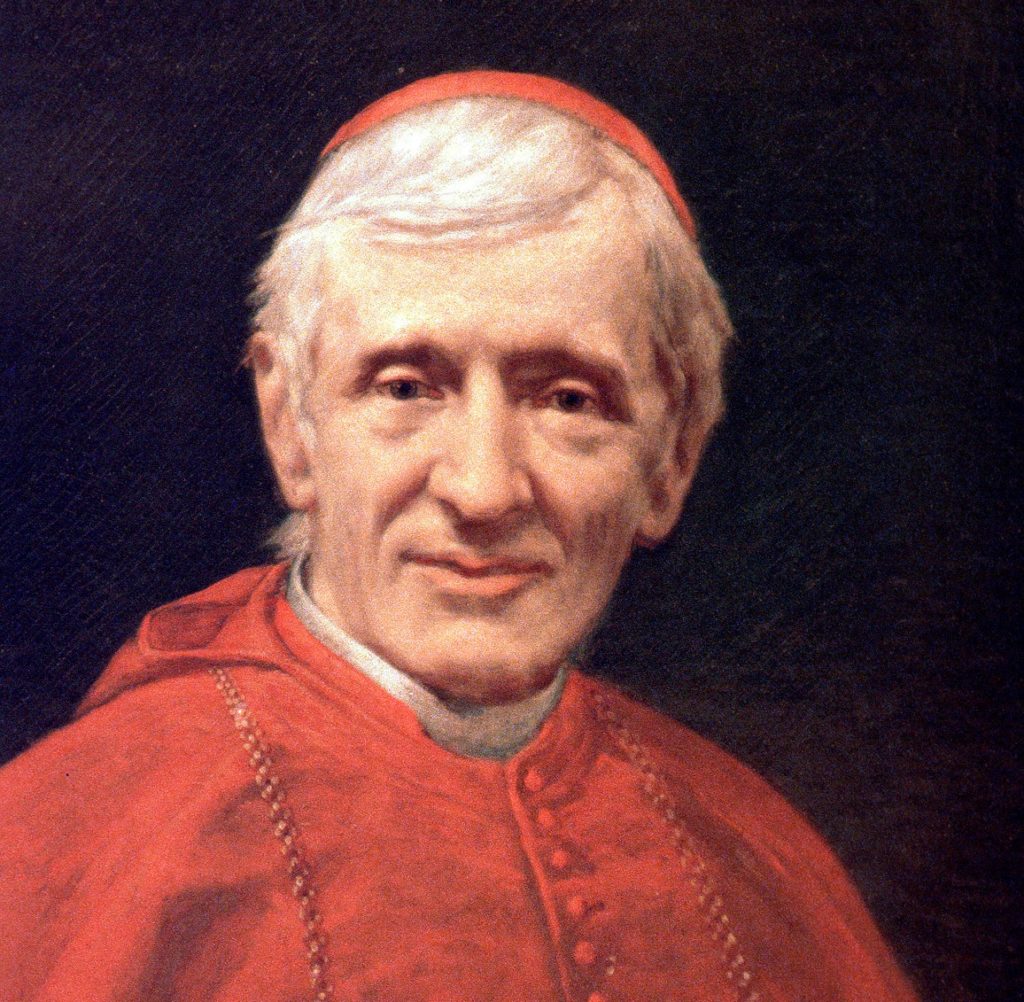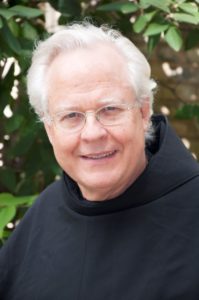CAN I KNOW TRUTH?

(Part Six: A Conversation About the Erring Conscience and Truth)
12 Days on Pilgrimage in August
“I am the way, and the truth, and the life” (Jn. 14:6).
None of us will disagree that one must always follow a clear verdict of conscience; one may not act against such a verdict. Nor will we disagree that it is quite a different matter to assume that the verdict of conscience, or what a person takes to be such a verdict, is always correct. The difficulty is: if that were so, there is no truth in matters of morality and religion.[1] In our way of living, verdicts of conscience often seem to contradict each other. Some ask: are verdicts of conscience mere reflexes to antecedent social circumstances? The Catholic answer is not “kind of”; one must follow a clear verdict of conscience. To reduce truth to the truthfulness of a person, how could one person share truth with another? St. John Henry Newman holds that truth cannot contradict itself, although it often appears to contradict itself. Each person discovers answers to the apparent contradictions. Newman engages truth and the time needed and the many ways taken to arrive at truth. The thought of Pope Emeritus Benedict aligns with that of Newman, which is a natural opening to a comparative study of their writings.
Benedict chooses a “narrative” path to discuss the erring conscience and to offer initial conclusions. Conscience leads to the core of the moral problem which is what makes us profoundly human. A “narrative path” will win more listeners than a strictly conceptual reflection about the erring conscience that is abstract. Abstraction fails to engage young and old. Benedict begins with the story of his own interest in the problem. An older colleague, who had experience listening to the difficulties of being Christian today, stated that we ought to be grateful to God for giving so many people the gift of being unbelievers with a good conscience. The colleague had the opinion that if their eyes were opened and they became believers, they would not be able to live the Christian faith and all of its moral obligations. He concluded that they were traveling in good conscience along another way, and that way would lead to salvation.
Think of the shock to Pope Emeritus Benedict, a listening pastor, gifted academic, comprehensive catechist, and head of the Congregation for the Doctrine of the Faith, the penultimate authority in service to the Pope. His colleague’s view made it appear as if God bestowed an erring conscience to save everyone by blinding their eyes. The idea that faith was a virtually intolerable burden which only the extraordinarily strong could shoulder, made it appear as if faith was a punishment. To be a person of faith had such high demands that salvation was harder. The morality of the Catholic Church was an extra weight in living that has enough weight already. What an easy solution! An erring conscience makes life easier. The erring conscience would be a genuine grace from God. It is not far from saying that the erring conscience would be the normal way to find salvation.
Benedict critiqued his colleague for a lack of understanding that conscience makes possible shared knowledge that could generate a shared will and a shared responsibility. Conscience is the power to perceive the highest and most essential of all realities, not a cloak to throw overboard human subjectivity that allows a person to elude reality and to hide from it. Benedict identifies his colleague as buying into the idea of conscience found in liberalism. Conscience does not reveal the road of truth, which we chose to take and can be saved. Liberalism holds that either truth does not exist at all or that it is impossible to meet its demands, which means there is no need to feel obliged to look for the truth. A person is reduced to holding superficial conviction.
In part three I told of the German students in the White Rose Movement, Sophia Scholl and companions, who were reading the new translations of John Henry Newman on conscience. To know Newman is to know Benedict. Newman grew up with the rise of modern science in the nineteenth century. Several years before Darwin, in 1845, he had written an unsurpassed historical work on how doctrines develop. He was always calm about the connection between science and Christianity. Science would correct itself. In contrast, Protestants, with sola scriptura, had difficulty reconciling the Bible with science and with Darwin. Benedict is calm in the same way as Newman. He knows Thomas Aquinas and Bonaventure were using cutting edge thought, the newly discovered and translated works of Aristotle. They study calmly how, from the outset, Christianity finds pearls of rationality throughout history. Socrates, Plato and Aristotle help with the formulation of doctrines and dogmas.
It may come as a surprise to see how Benedict, in his “narrative” conversation about an erring conscience and the truth, understands and incorporates Thomas Aquinas, yet finds Bonaventure more persuasive in the formation of conscience. The Franciscan difference is the focus on charity in conscience. Another surprise is that Benedict vis-a-vis Newman “on conscience” owes a great debt to Bishop Joseph Butler, The Analogy of Religion (1736) for its formative structure. Bishop Butler is Protestant. Think back along that line to Luther: “Here I stand in answer to God’s will.” For Luther, the fact that conscience could be in tension with the Church’s teaching is reduced to a zero sum game. Luther always stands against the official Church, while Newman and Benedict answer with both / and. The Church has a prerogative that is not aggressive in the end. In due course, maybe not now, a resolution is reached revealing the compatibility of Church and conscience, while Luther is either / or. Luther segregates conscience from the constraint of the Church and makes conscience a free radical.
“We did not know,” was the cry after World War II in Germany, not only in the military but by the civilians. Their claim was invincible ignorance. If that can be proved, there is no moral wrong. This version of the grounds of Pope Emeritus Benedict’s critique is that the voice of God in conscience does not ebb and flow. The claim of invincible ignorance of the many was a deliberate choice not to know. The removal of truth, which took place earlier, now takes the form of an erring conscience and is the real guilt that makes the choice deliberate and convenient.
Fr. Ed Ondrako, OFM Conv. Univ of Notre Dame eondrako@alumni.nd.edu
________________________
[1] See J. Fichte, (System der Sittenlehre, 1798), vol 3, sect 15. “The conscience never errs and can never err,” since it is “ itself the judge of all convictions” and “knows no higher judge above itself. It bears the responsibility for the final decision, and there is no appeal against conscience.”
Fr. Edward J. Ondrako, OFM Conventual
Research Fellow Pontifical Faculty of St. Bonaventure, Rome
Visiting Scholar, McGrath Institute for Church Life
University of Notre Dame
St. John Henry Newman Feast Day – October 9, 2022
